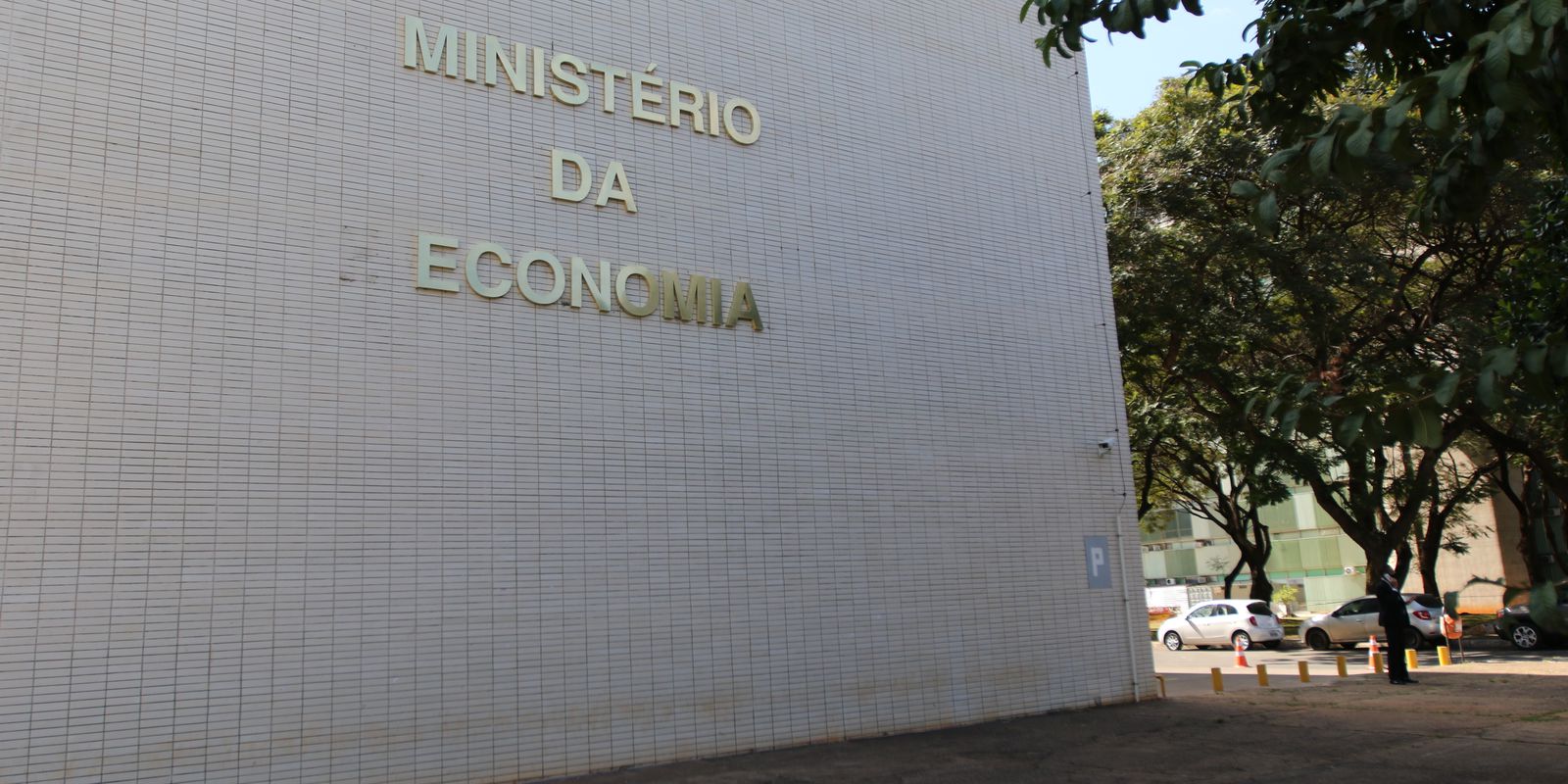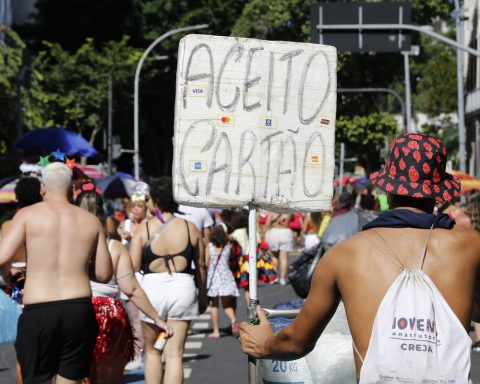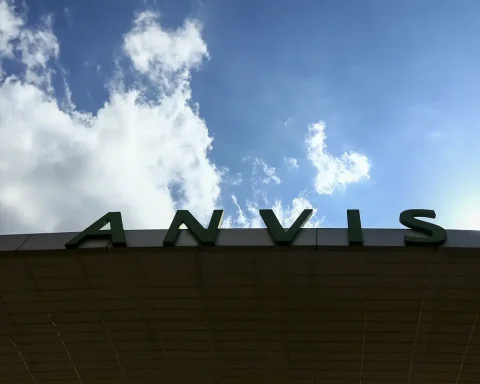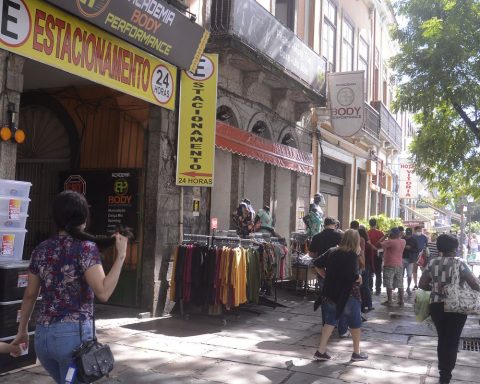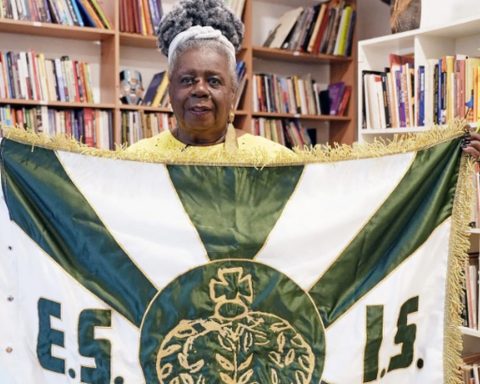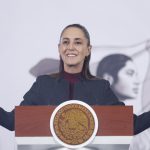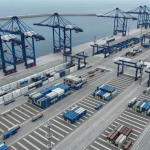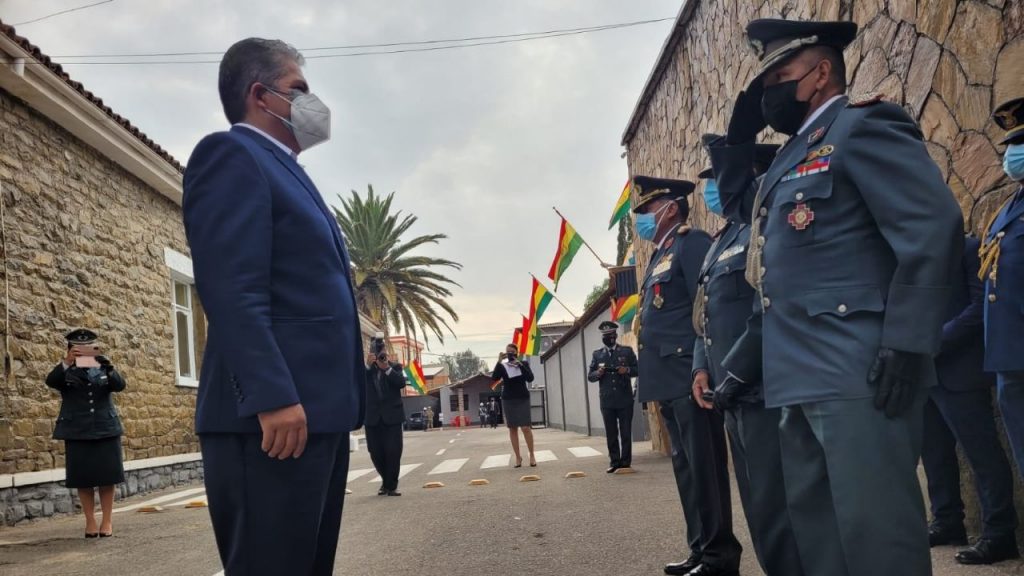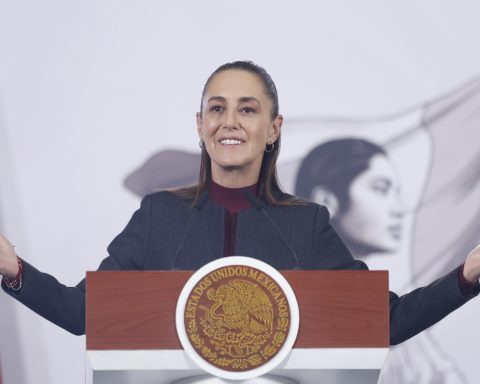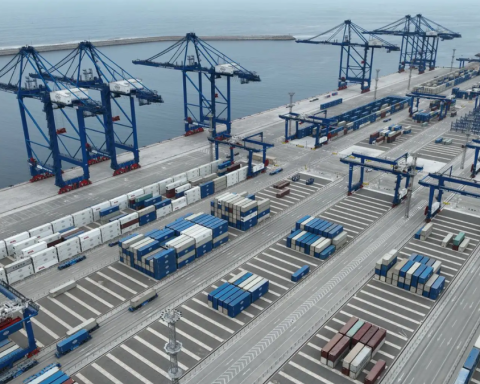The 10% reduction in the Common External Tariff (TEC) for the importation of 87% of products from outside Mercosur will inject R$ 246 billion into the Brazilian economy by 2040, said today (5) the Special Secretary for Foreign Trade and International Affairs of the Ministry of Economy, Roberto Fendt. According to him, exports will increase R$ 280 billion in the same period, with the international insertion of the Brazilian industry.
The measure will increase imports by R$290 billion and investments by R$139 billion in the same period. In relation to inflation, the reduction of the CET will reduce the long-term price level by 0.3% (between 10 and 15 years), according to Fendt, but it may have a greater impact in the short term.
According to the special secretary, the need to contain inflation justified the urgency of the measure, which will be valid until December 31, 2022. “The reason we have taken this measure now, before we have a consensus among the four Mercosur members it is the need and urgency to act on inflation”, said the secretary.
The special secretary said that interest rates are the government’s main instrument to control inflation. However, he added that the reduction in tariffs could also contribute to holding prices, especially at a time of sharp rise in the dollar and restrictions on trade flows, which make international freight more expensive.
Fendt clarified that the decision is not illegal because it is supported by an article in the Montevideo Treaty of Mercosur, which allows unilateral measures (without the endorsement of other countries in the bloc) in case of protection of the population’s life and health.
Negotiations
Although the measure is temporary, the special secretary informed that the government intends to negotiate with the Mercosur countries, over the next few months, so that the reduction is permanent. According to Fendt, Argentina and Paraguay accepted a 10% reduction in tariffs on items produced outside Mercosur, and Uruguay is also in favor of cutting the TEC, but asks for freedom for the countries of the bloc to negotiate bilateral agreements outside Mercosur.
Initially, informed the secretary, Brazil defended that all products outside Mercosur should have the import tariff reduced by 10%. However, after negotiations with Argentina, vehicles, some types of auto parts and products under special regimes, such as clothing, shoes, dairy products and peaches, had their tariffs maintained.
For the special secretary, reducing the TEC is essential for the modernization of Mercosur. The measure, he commented, will help to enhance the economic bloc. “Since the TEC was created in 1994, this is the first concrete, ambitious move to reduce our common external tariff. This is not a hostile movement to Mercosur, Brazil values Mercosur, Brazil actually wants a strong, modern Mercosur, which in fact responds to the aspirations of Brazilian society”, he concluded.
